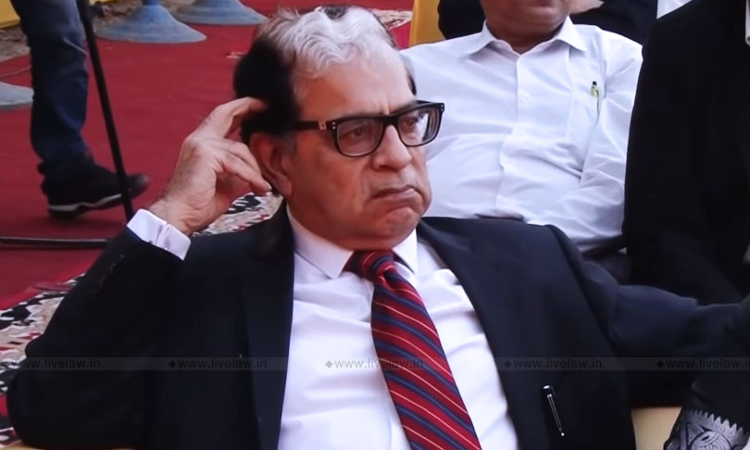Environmental Concerns in Char Dham Project- Supreme Court Appoints Oversight Committee Headed By Justice AK Sikri
Mehal Jain
14 Dec 2021 12:02 PM IST

Next Story
14 Dec 2021 12:02 PM IST
Supreme Court on Tuesday while allowing an application filed by the Ministry of Defence for the double-lane widening of roads that are part of the 899-km Char Dham project in Uttarakhand, has appointed an oversight committee headed by Justice AK Sikri.In this regard, bench comprising Justice DY Chandrachud, Justice Surya Kant and Justice Vikram Nath has observed as follws; "We allow the...
